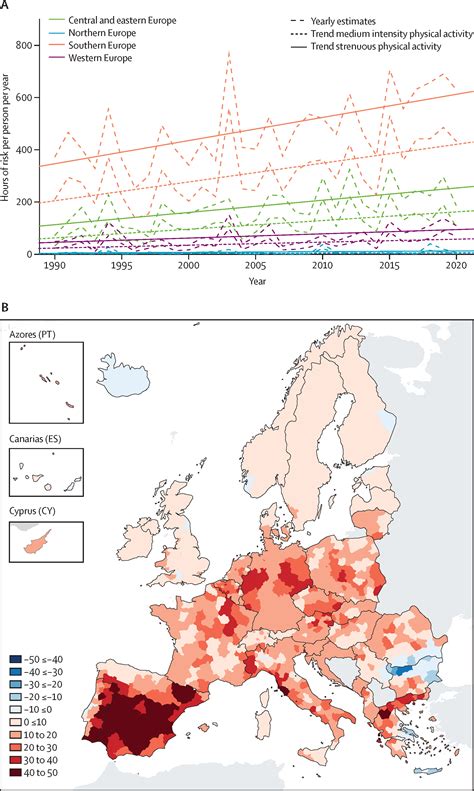Since my childhood in Italy, I have been captivated by the intricate workings of the human body. This fascination sparked my journey into the world of medical research, driven by a deep-rooted desire to make a difference in people’s lives. The quest to discover new medicines isn’t just about scientific advancement; it’s about unlocking potential solutions that could impact millions of patients globally.
“What drives me — and so many other scientists in Europe and around the globe — is a desire to find new therapies that will improve people’s lives.”
My personal commitment to addressing psychiatric diseases stems from witnessing firsthand the profound suffering experienced not only by patients but also their families. The escalating prevalence of mental health disorders on a global scale is alarming and necessitates immediate attention.
In current policy dialogues within Europe, there is significant emphasis on defining “unmet medical need.” While extending life expectancy is undeniably crucial, it’s equally essential to consider factors like disease burden and the patient’s quality of life. A seemingly non-life-threatening condition such as a skin disease can have substantial repercussions on an individual’s mental well-being and productivity.
At Boehringer Ingelheim, where I am privileged to work, we adopt a holistic approach when identifying unmet needs to guide our research and development endeavors. By actively engaging with patients throughout every phase of our processes, we gain invaluable insights into their perspectives and requirements. Understanding these unfiltered patient experiences is paramount for driving meaningful progress in healthcare innovation.
“We can’t make true progress on unmet needs unless we understand from the patients themselves what they need or what they think is missing from their treatment options.”
The European Commission’s proposed framework regarding unmet medical need has raised concerns among healthcare professionals like myself. The narrow definition outlined fails to encompass the diverse spectrum of challenges faced by patients, potentially hindering innovation efforts directed towards addressing broader healthcare complexities.
Limiting the concept of unmet medical need solely based on rigid metrics runs the risk of disconnecting from genuine patient necessities. True advancements stem from aligning scientific breakthroughs with areas where patients’ needs are most acute—bridging this gap necessitates continuous evolution in research strategies.
Boehringer Ingelheim prioritizes areas characterized by substantial unmet patient needs, leveraging advancements in science to steer our R&D focus effectively. Our pursuit ranges across various therapeutic domains such as oncology, inflammatory conditions, mental health disorders, and cardio-renal metabolic illnesses—a strategic alignment aimed at delivering impactful healthcare solutions.
As researchers committed to battling unmet patient needs, we acknowledge that scientific exploration isn’t always straightforward; setbacks are integral parts of our journey towards groundbreaking treatments. Embracing failures as opportunities for learning equips us with valuable insights that shape our future endeavors.
The evolving landscape of clinical research often reveals unexpected paths leading to novel treatment discoveries beyond initial projections—an organic process fueled by unwavering dedication to advancing patient care standards through innovative interventions.
Europe stands at a critical juncture concerning pharmaceutical innovation—a realm where proactive policy decisions play a pivotal role in preserving its position as a global leader in R&D initiatives.
“Once the global powerhouse of pharmaceutical innovation, Europe faces urgent calls for revitalizing its stance amidst dwindling R&D investments over recent decades.”
Acknowledging this imperative shift requires heightened political support aimed at fostering an environment conducive to nurturing technological breakthroughs within Europe while ensuring seamless accessibility for patients worldwide—an essential stride towards rekindling Europe’s prominence as an epicenter for transformative healthcare solutions.
As an optimistic scientist deeply rooted in European values, I remain steadfast in my belief that fostering scientific excellence intertwined with unwavering focus on prioritizing patient welfare paves the way for revolutionary therapies capable of enriching millions of lives globally.









Leave feedback about this